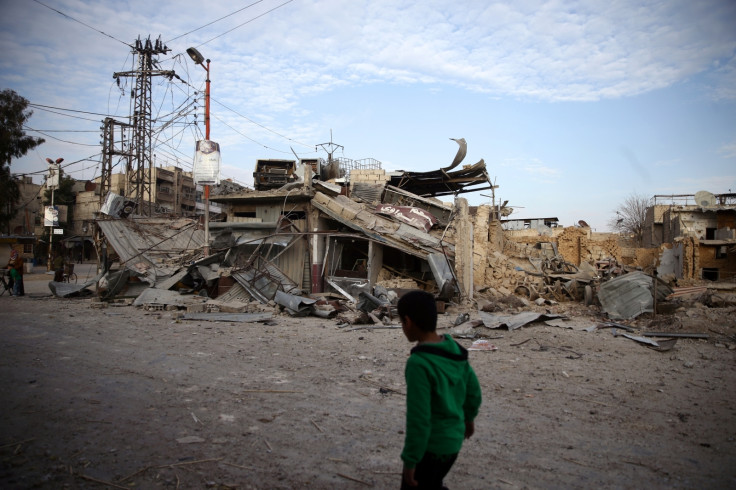North Korea helping Syria's chemical weapons programme, says UN report
North Korea's arms exporter is believed to have made at least 40 shipments through a complex smuggling network.
North Korea has been sending supplies to Syria that could be used in the manufacture of chemical weapons, according to UN experts.
An unpublished 200-page report accessed by multiple American media outlets including the New York Times and Washington Post detail how 40 shipments of banned missile components and materials were made to Syria by North Korea. The materials included acid-resistant tiles, corrosion-resistant valves and thermometers, which could be used for both civilian and military purposes.
The supplies are said to have taken place between 2012 and 2017 and remained undetected as it is believed that North Korea and Syria have set up intricate smuggling networks.
The UN report claims that North Korean missile experts even visited Syria in 2016 and 2017 subsequent to the delivery of the materials linked to chemical weapons.
While North Korea is cash-strapped, the Syrian regime of Bashar al-Assad is battling a seven-year-long war with rebels fighting to oust him from power.
The shipments are suspected to have been made by North Korea's main arms exporter, sometimes using Chinese trading firms. The Syrian regime reportedly paid for the shipments via a complex structure of front companies.
The existence of the UN report, not yet formally acknowledged by UN officials, emerges at a time when Syria has been accused of yet again using chemical weapons against its own people. Assad's officials have denied the allegations.
"I don't know about its publication date if any. I think the overarching message is that all member states have a duty and responsibility to abide by the sanctions that are in place," Stéphane Dujarric, a United Nations spokesman, told reporters about possible violations of UN sanctions.
Details about the consignment deliveries were collected from unidentified UN member states and put together by a panel of eight experts from different countries possessing a specific set of skills.
"It's scary that these regimes have crossed these red lines and there's been no real success in stopping them," Jay Solomon, an analyst with the Washington Institute think tank and deep knowledge of Syria-North Korea relations, told the LA Times.
Kenneth Roth, the executive director of the US-based Human Rights Watch, wrote on Twitter: "It figures a regime that puts people in deadly prison camps for their parents' political opposition [North Korea] would have no qualms helping Assad gas Syrian civilians."























